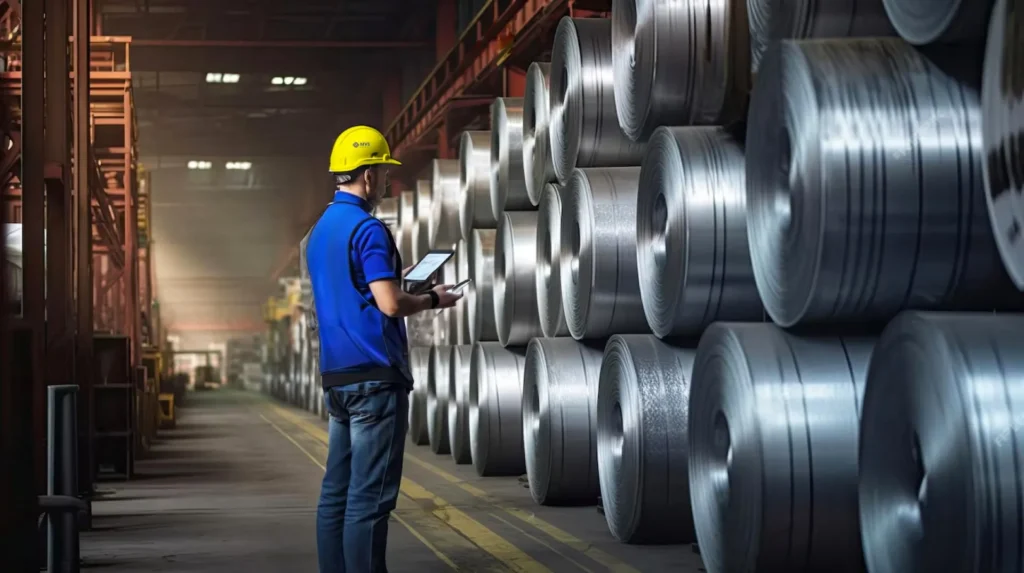In the fastpaced world of supply chain management, innovation has always been the key to staying ahead. One of the most exciting advancements on the horizon is the integration of autonomous vehicles. These vehicles, equipped with cuttingedge technology, promise to revolutionize the way goods are transported, enhancing efficiency, safety, and sustainability across the supply chain.
The Rise of Autonomous Vehicles
Autonomous vehicles, often referred to as selfdriving or driverless cars, are no longer just a concept confined to science fiction. Major strides in artificial intelligence (AI) and sensor technology have made it possible for these vehicles to navigate roads and adapt to traffic conditions without human intervention. This same technology is now being applied to commercial vehicles, including trucks and drones, with promising results.
Benefits for Supply Chains
1. Enhanced Efficiency
Autonomous vehicles can operate around the clock, reducing delivery times and optimizing routes based on realtime data. This efficiency translates into lower operational costs and faster fulfillment of customer orders.
2. Improved Safety
Safety is a top priority in any supply chain. Autonomous vehicles are equipped with advanced sensors and algorithms that can detect obstacles, pedestrians, and other vehicles more accurately than human drivers. This technology significantly reduces the risk of accidents and enhances overall road safety.
3. Environmental Sustainability
With their ability to optimize routes and reduce idle time, autonomous vehicles contribute to lower fuel consumption and carbon emissions. This aligns with global efforts towards sustainable transportation practices, making supply chains greener and more environmentally friendly.
Applications Across Industries
The impact of autonomous vehicles extends beyond traditional logistics. Industries such as retail, manufacturing, and ecommerce are exploring ways to integrate this technology into their operations:
Retail: Autonomous delivery vehicles can bring products directly to customers’ doorsteps, improving lastmile logistics and customer satisfaction.
Manufacturing: Automated guided vehicles (AGVs) can autonomously transport raw materials and finished goods within factories, streamlining production processes.
Ecommerce: Drones equipped with AI can rapidly deliver small packages over short distances, reducing delivery times and costs.
Challenges and Considerations
While the potential benefits of autonomous vehicles are compelling, there are several challenges that must be addressed:
Regulatory Hurdles: Governments worldwide are still developing regulations governing the use of autonomous vehicles on public roads, which could impact widespread adoption.
Technological Limitations: AI and sensor technology must continue to evolve to handle complex urban environments and unpredictable road conditions.
Public Perception: Building trust in autonomous technology among consumers and stakeholders remains a significant hurdle.
Looking Ahead
As technology continues to advance and regulatory frameworks evolve, the future of autonomous vehicles in supply chains looks promising. Companies that embrace innovation and invest in these technologies stand to gain a competitive edge in the global marketplace.
Autonomous vehicles represent a transformative shift in supply chain management, promising greater efficiency, safety, and sustainability. While challenges remain, the potential benefits far outweigh the obstacles, paving the way for a more connected and efficient future.
This blog explores the exciting potential of autonomous vehicles in revolutionizing supply chains. Stay tuned for more insights into cuttingedge innovations driving the future of industry!




